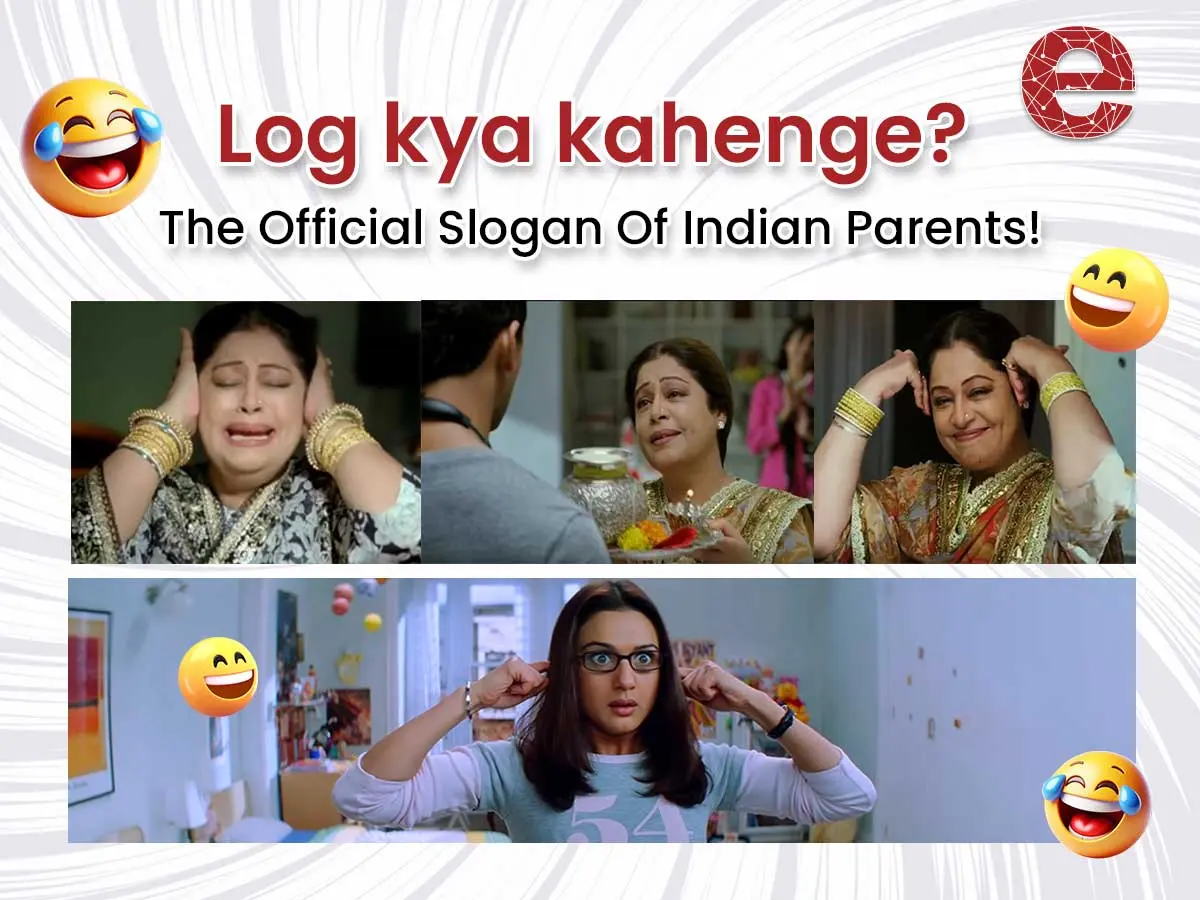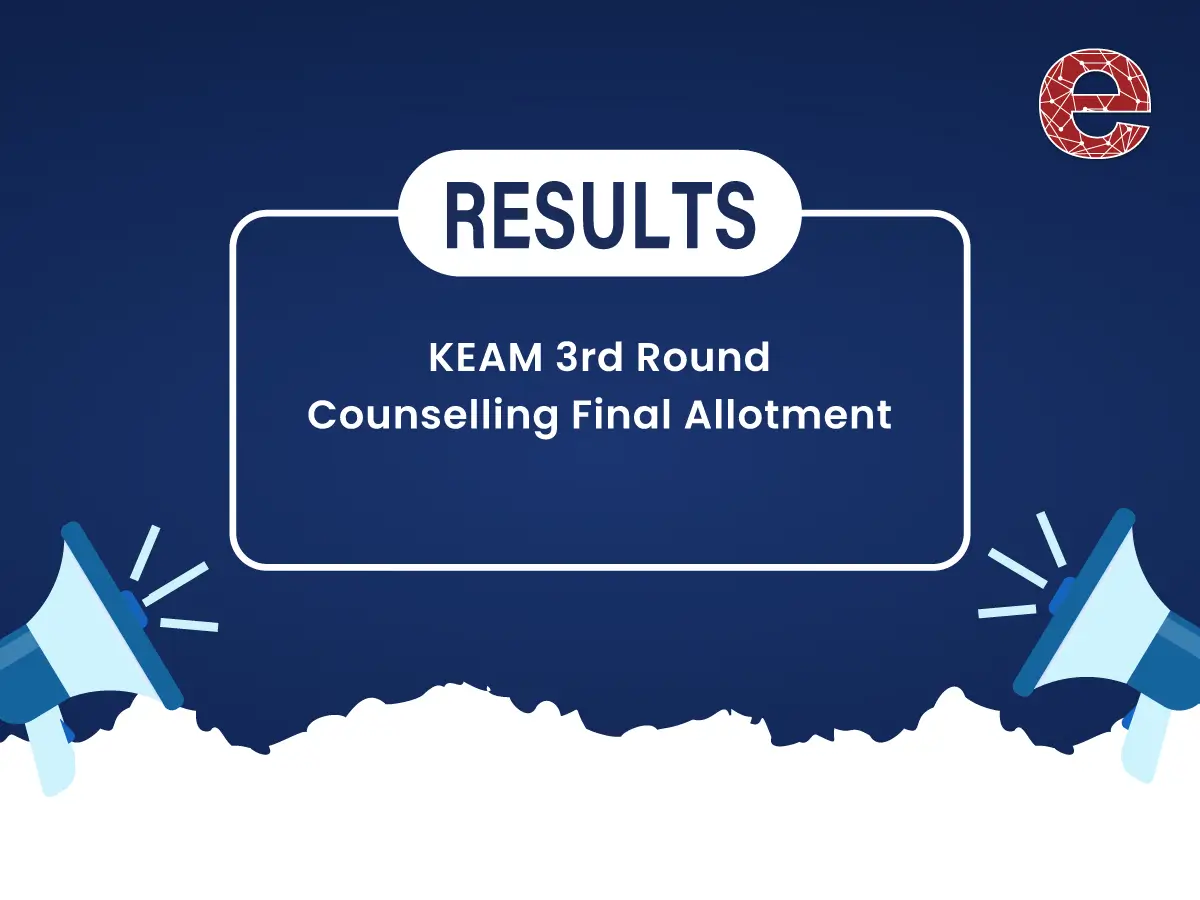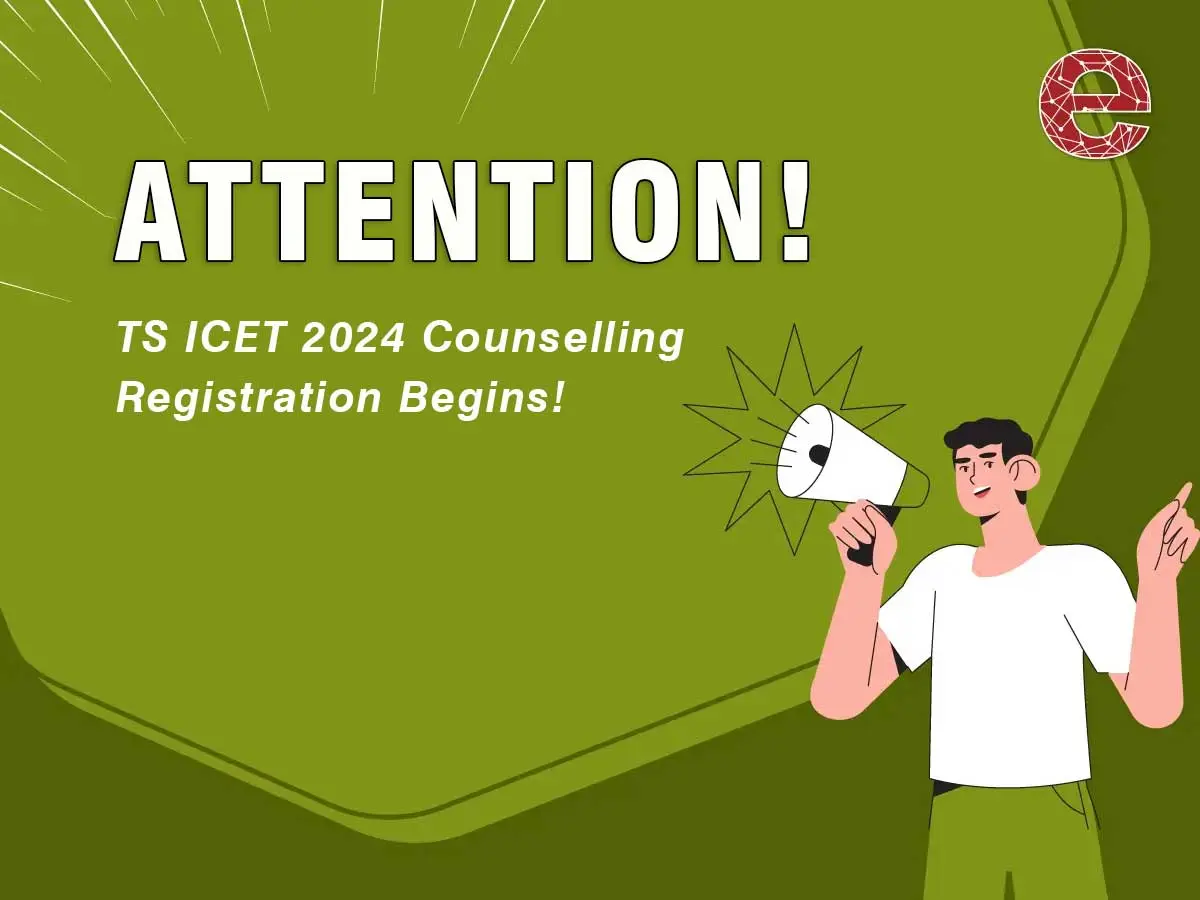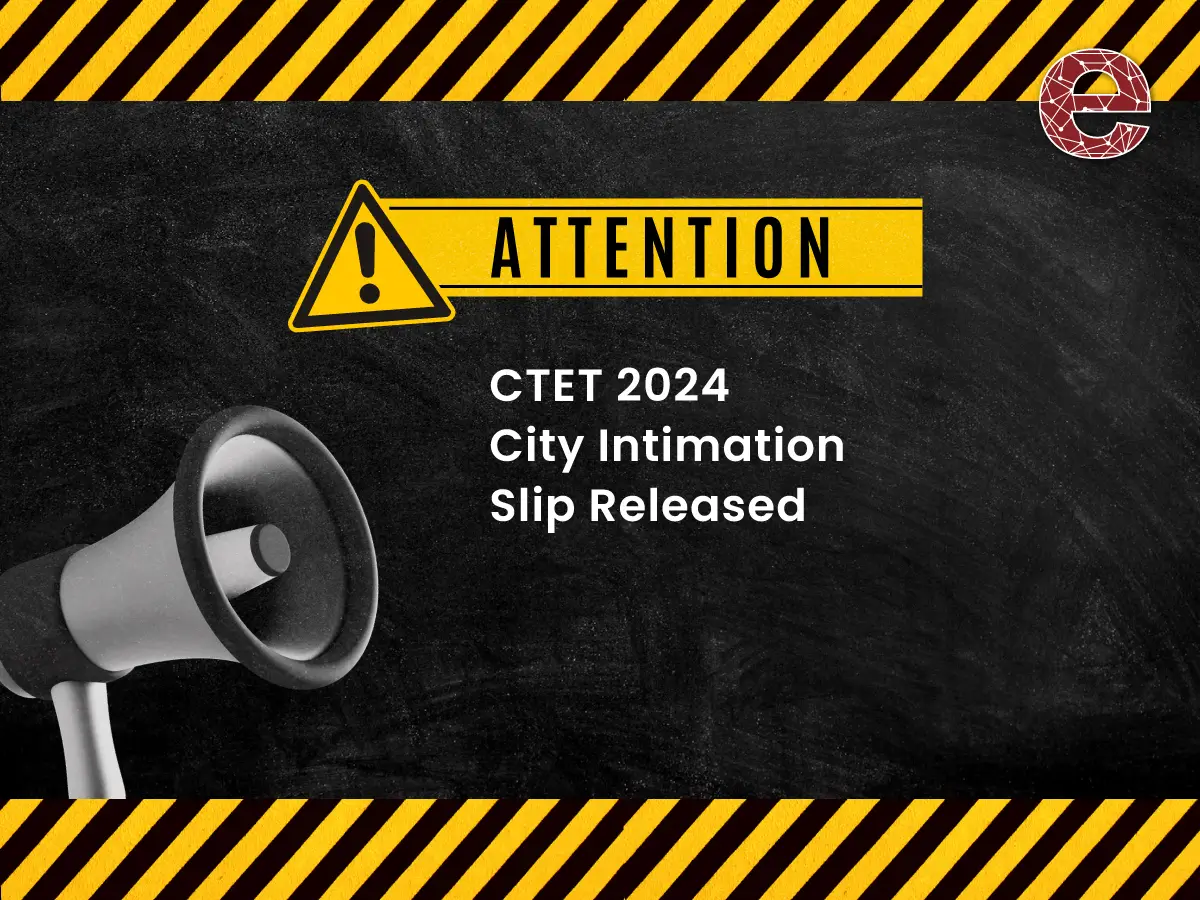The Comedy Side of Indian Parents’ Unending Expectations
Students' Corner

I’m sure all of us, especially those who grew up in the 90s, can relate to this one universal truth – Indian parents and their never-ending, all-encompassing wish list for their children. Whether you’re Sunu, Munu, Dugu, or the countless other affectionate nicknames we’ve been blessed with, the scene in every home remains the same: our mothers. Yes, the quintessential Indian mother with her daily ritual of prayers and endless “manifestations” for our future success.
Let me paint you a picture. My mom, like every quintessential Indian mom, springs into action at the crack of dawn. She tiptoes into the kitchen, ready to kick-start her day with a steaming chai and a soft yet determined prayer for me. The comforting smell of incense wafts through the house while the “Hanuman Chalisa” musical strains play softly in the background. Her first wish? For me to “settle down.”
Now, “settle down” is a term that has morphed into a multi-layered saga. Initially, it was all about getting a good education. Then, it evolved into landing a coveted ‘GOVERNMENT’ job—because apparently, the idea of job security is more thrilling than any Netflix series. Now, it’s taken a wild turn into the realm of “Beta, when will you get married?”
I wonder what’s so fascinating about a government job. Is it the allure of stability? Or is it that nobody can fire you so that you can take endless tea breaks? If only I could explain to her that the perks of being a government employee are not all they’re cracked up to be!
It’s as if our entire future hangs on this elusive concept of “settling down.” One moment, I’m a well-qualified individual with dreams and ambitions; the next, I’m a project manager who, in her eyes, is still living in some career limbo until I tick off those final boxes.
“Beta, I prayed to Hanuman ji today for you. May you get a promotion soon.”
“But Ma, I’m already thriving! Didn’t I just tell you about my exciting new project?”
“Ha, ha! That’s great, but when will you find a job that’s... well, you know, stable? Something with more benefits, more holidays? Can’t it just be a government job?”
You have to love their persistence! If I had a rupee for every time I heard “more benefits,” I could fund my start-up. But then again, who could explain to her that a corner office in a private company could be just as fulfilling as a desk in a government office? It’s a classic case of “grass is always greener,” right now, the grass is blooming in the lush fields of government employment!
Cue the inevitable sigh and eye roll. It’s not that Indian parents don’t appreciate our achievements. It’s just that they have a different yardstick. While we’re happy with our personal growth, they see success in a much more linear and often traditional way. It’s a continuous circle of career advancement, marriage, house, and – if we’re ever lucky enough – grandchildren.
This is where the story becomes universal. I am Sunu, and you might be Munu or Dugu, but the tale is the same across the country. As 90s kids, we grew up with the golden balance between traditional values and the influx of Western influence. We were told to focus on our studies (“Beta, nothing is more important than marks”), but simultaneously, there was the pressure of acquiring a “respectable” profession. Engineer, doctor, or lawyer were the holy trinity of acceptable careers.
I remember the day I told my mom I wanted to pursue a career in the arts. Her face fell. “Beta, what will people say? Arts? What about engineering? You’re so good in science.”
“But Ma, this is my passion! I love this field!”
“Passion is good, beta, but who will pay the bills? Passion se roti kaise milegi?"
And there it was – the classic Indian parent fear. It wasn’t that they didn’t want us to pursue our dreams, but rather, they didn’t want us to fail or struggle. Their love, wrapped in worry, always pushed us toward security rather than risk.
But here’s the thing. As we grow older, we realise our hopes and wishes aren’t just about controlling or dictating our lives. They’re a more profound, ethical thing rooted in love. Their wishes stem from a place of wanting the best for us—a smooth, safe, and prosperous life.
Yes, there are funny moments. For example, after attending a family wedding, my mom immediately started manifesting the same for me: “Sunu, did you see the groom’s side? They have a nice family, don’t they? Maybe you should meet someone like that.”
Or when she casually said, “I’ve already spoken to Pandit Ji about your future... and he said good things are coming your way.”
But beneath the humour, cultural expectations, and generational gap lies a simple truth—Indian parents, with all their quirks, are constantly manifesting good things for us. They want us to soar, even if they occasionally clip our wings in the name of safety.
In the end, it’s all about balance. We might laugh at their ways, but deep down, their moral values of hard work, family, and security are timeless lessons. And as much as I tease my mom, I’m grateful for her prayers and undying belief in my success.
So, here’s to all the Sunus, Munus, and Dugus out there—may we continue to follow our dreams while keeping our parents’ wishes close to our hearts. May we always remember the love behind every “beta, when will you settle down?”
You can also read: Dreams vs. Drama: The Realities of an All-Girls College
- Indian Parents
- Parents Expectations











